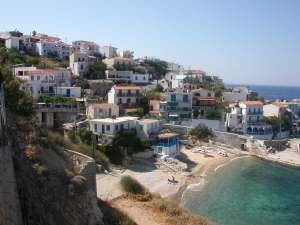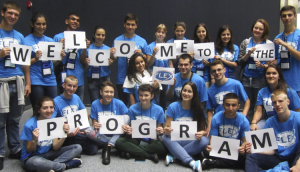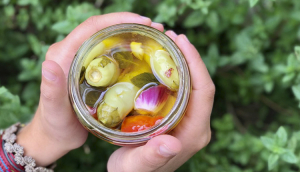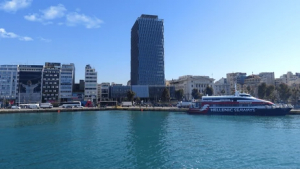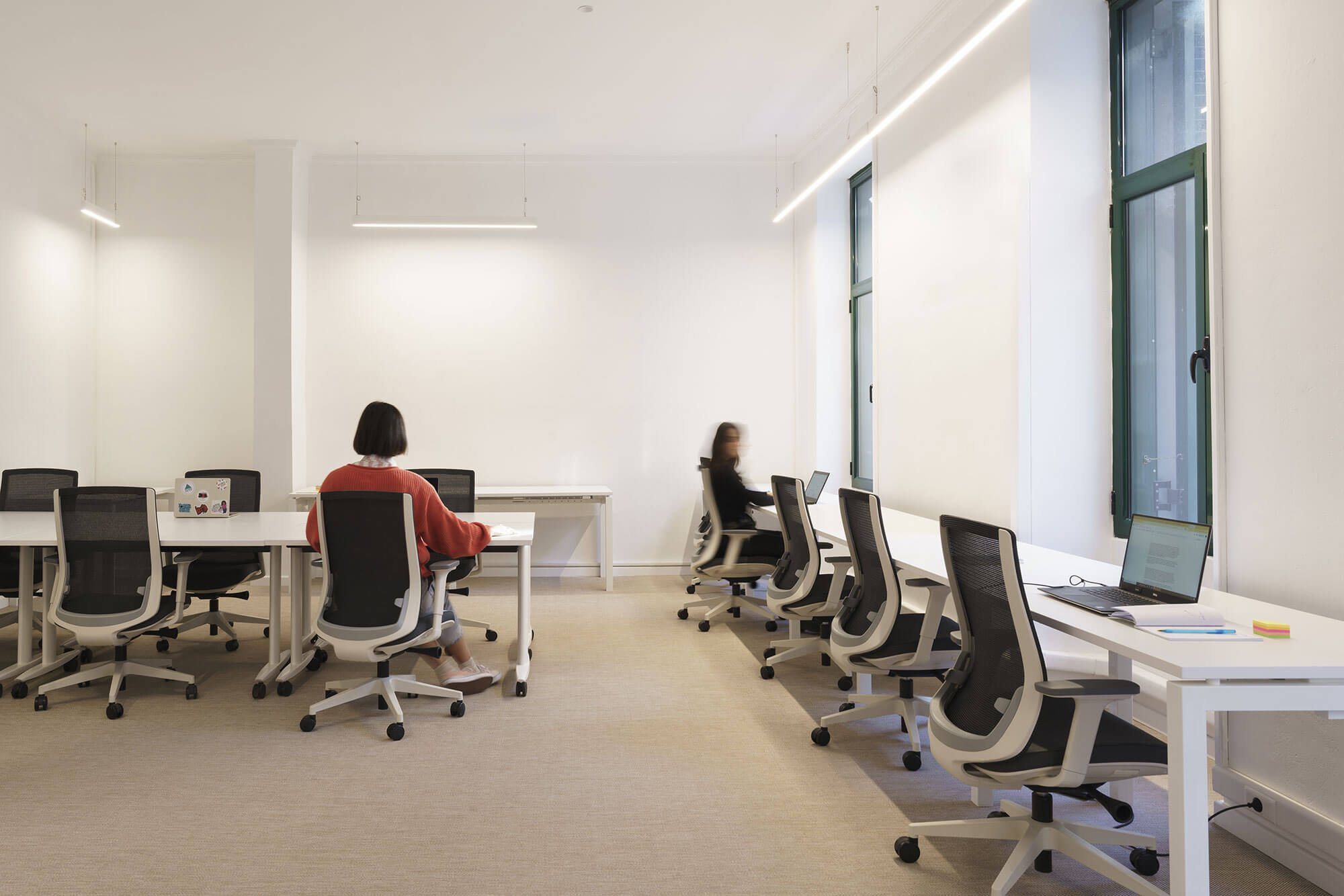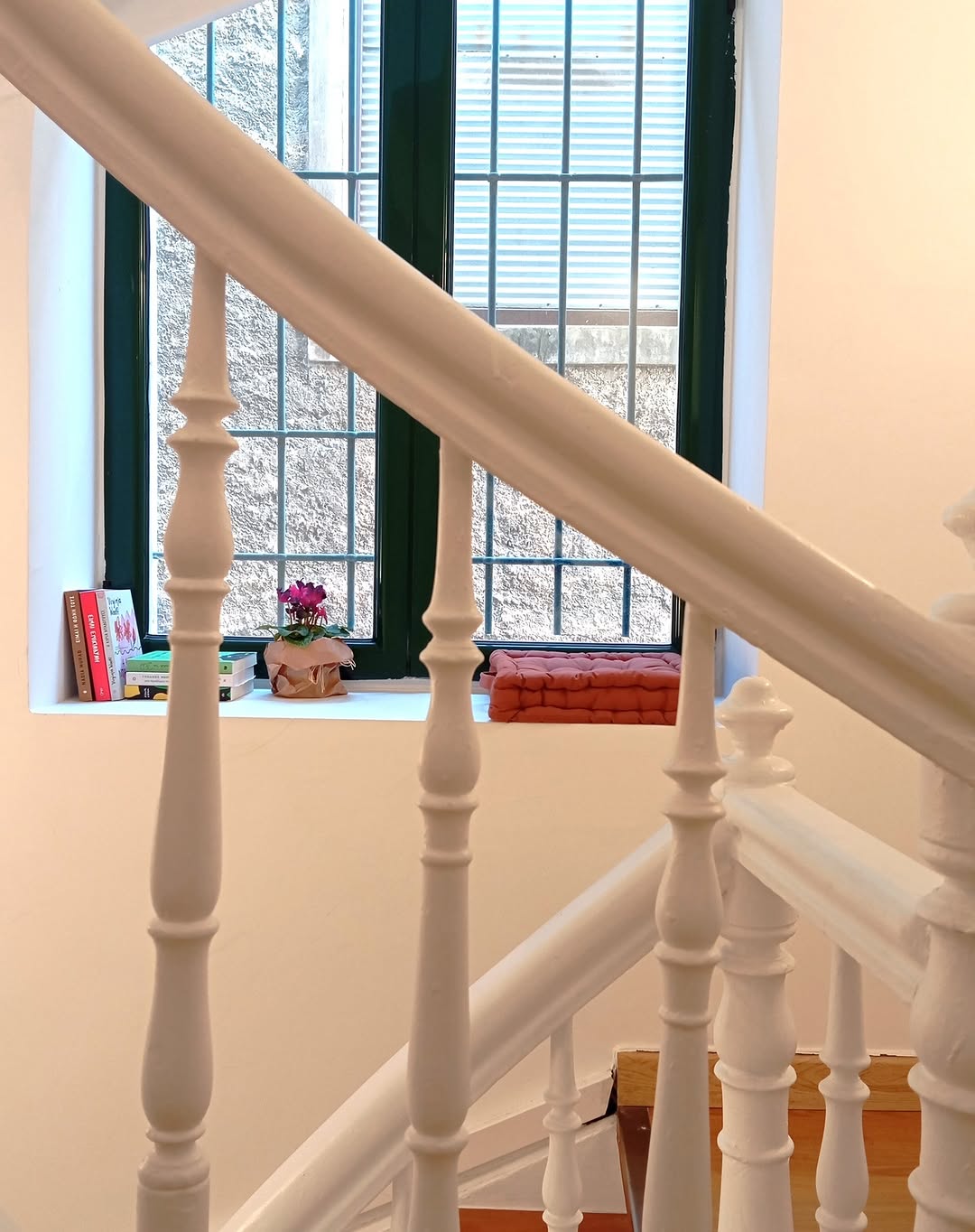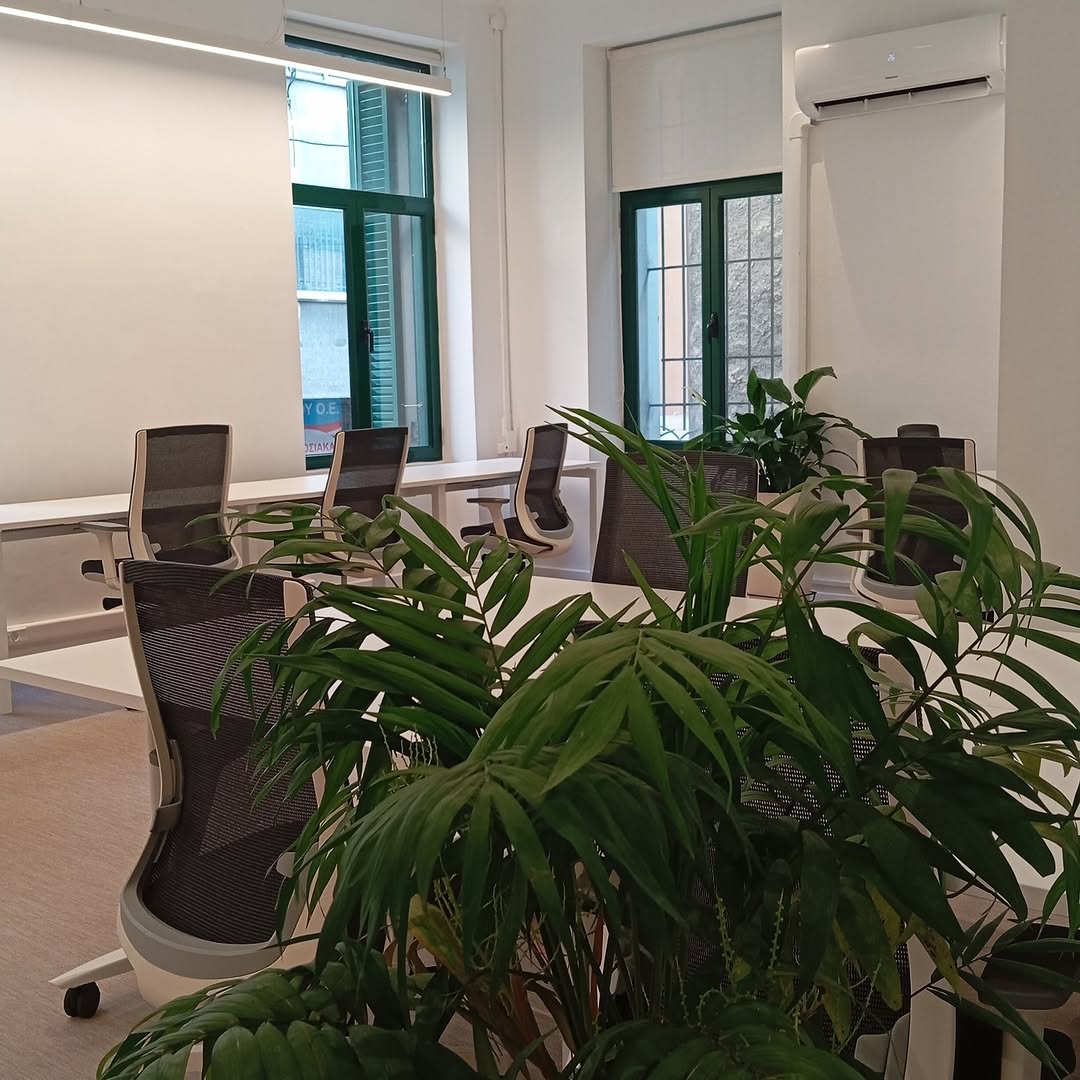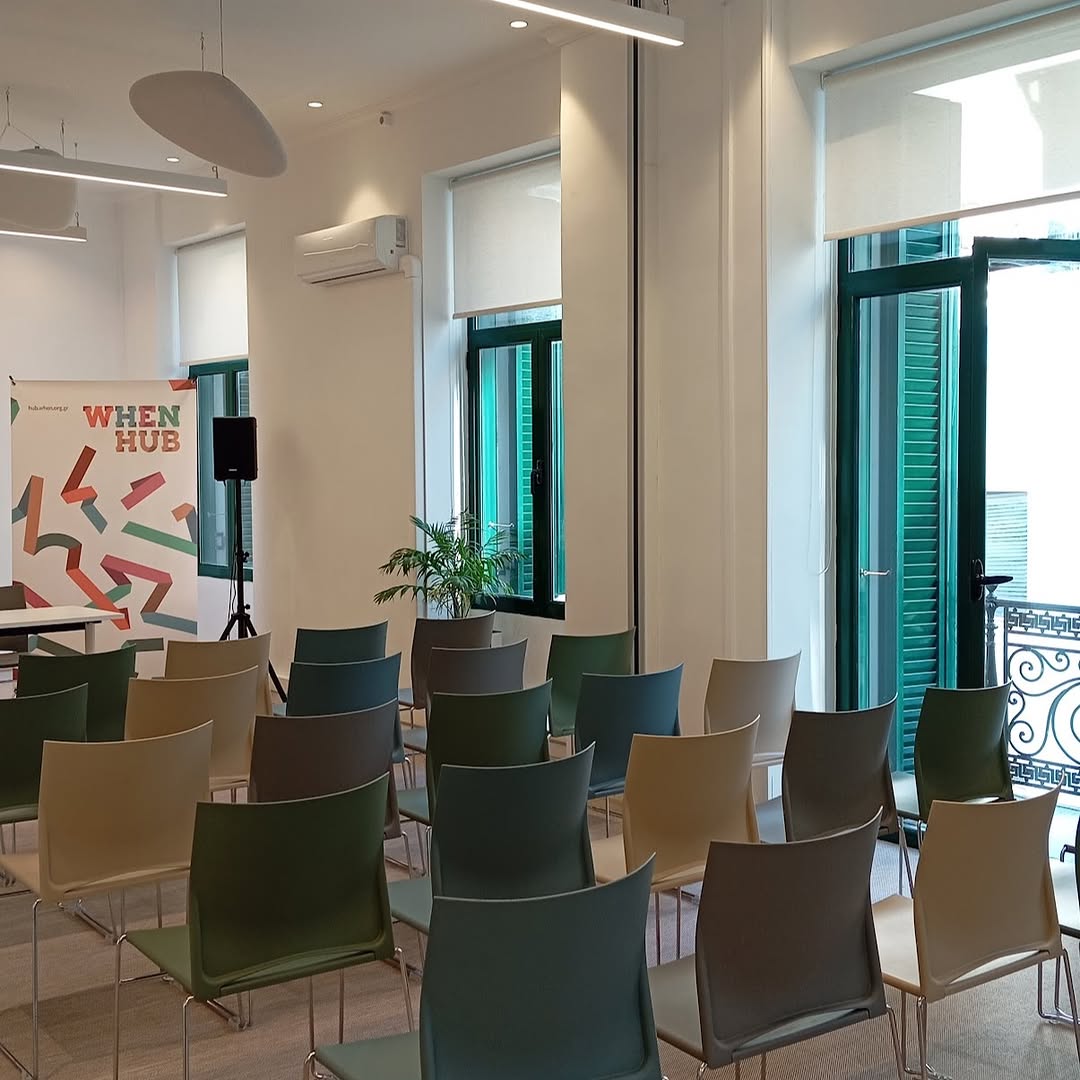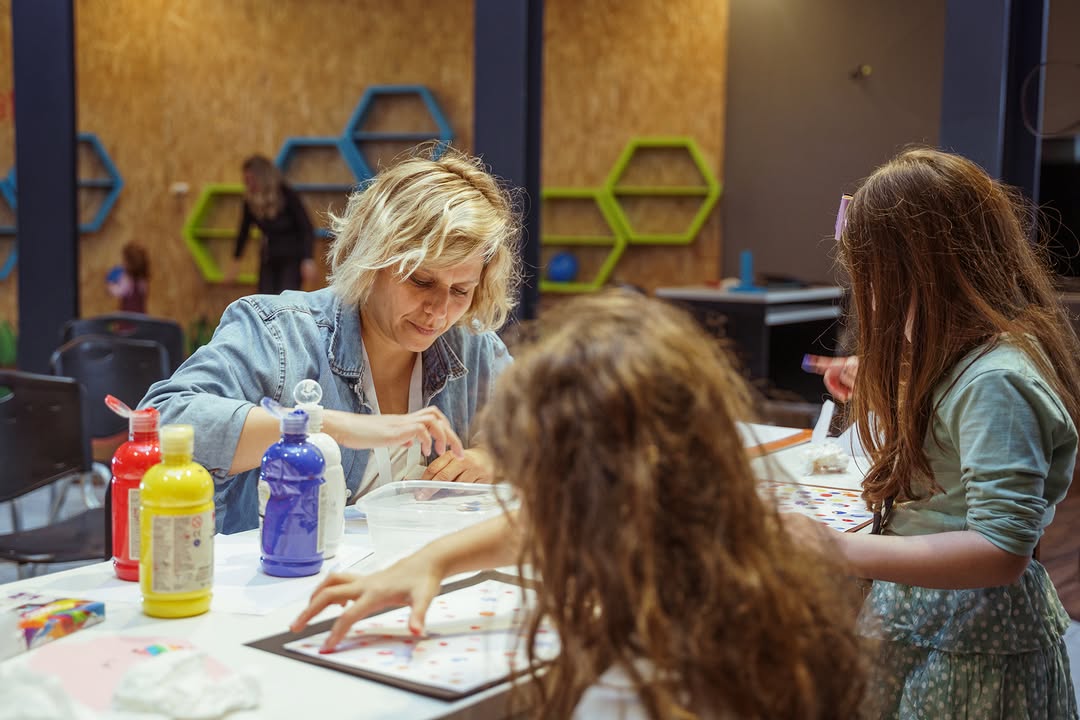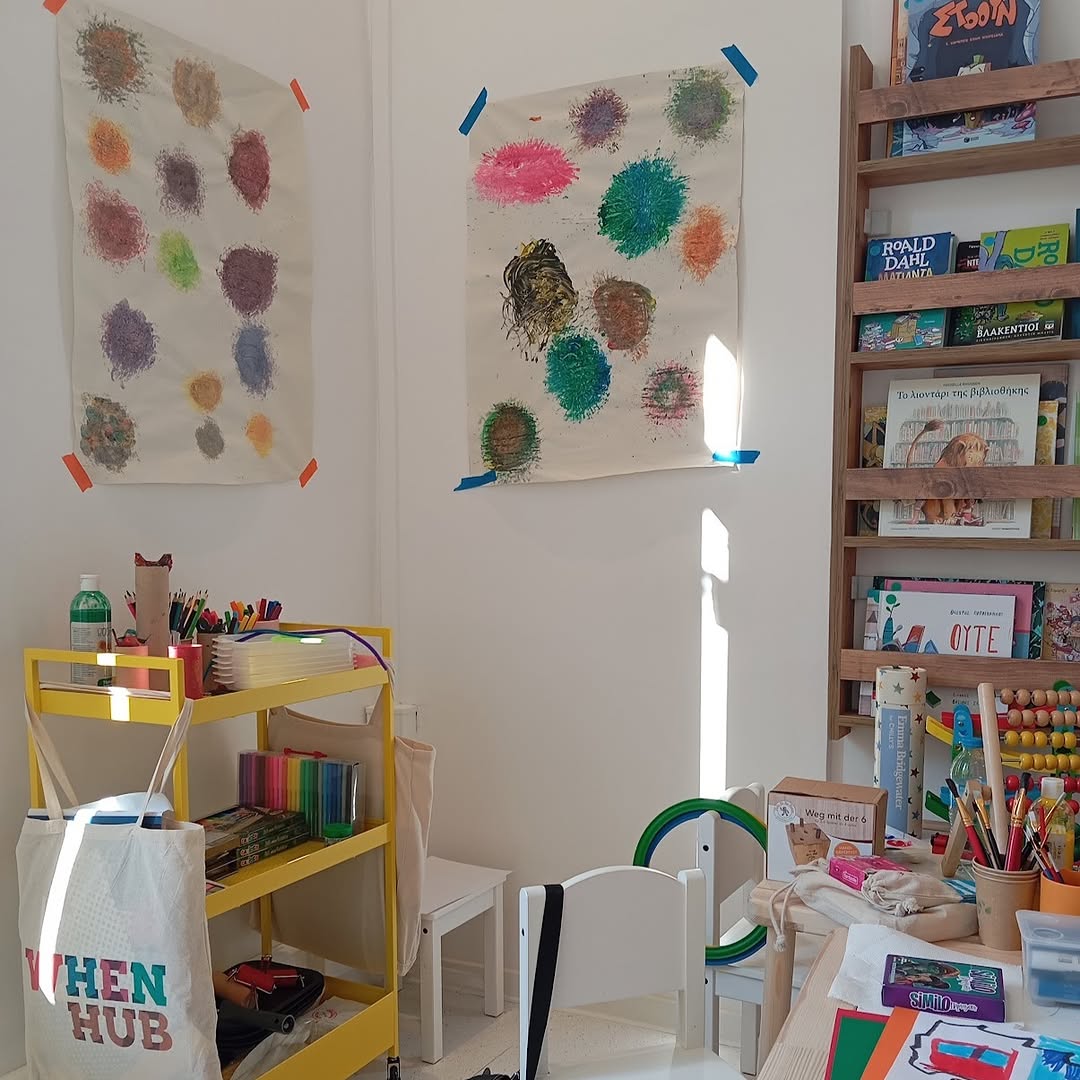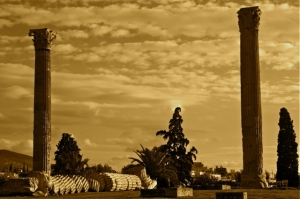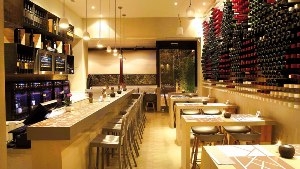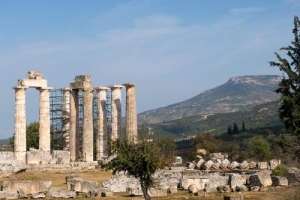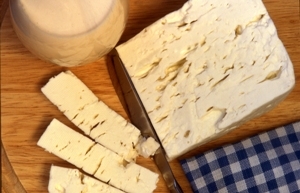Yesterday, Tuesday, June 4th, the grand official opening of the Piraeus Tower took place, attended by Prime Minister Kyriakos Mitsotakis, along with city officials and representatives from the construction company DIMAND.
The iconic 34,600-square-meter, 22-story building in Piraeus, constructed by DIMAND, remained unfinished and unused for nearly 40 years. It has now been redeveloped into a "green" office and commercial building. It is Greece's first digital and bioclimatic skyscraper set to receive the highest Platinum certification under the international sustainable development standard LEED. Notable companies such as Zara and JD Sports are already operating in the Tower, with more businesses expected to move in soon.
The Mayor of Piraeus, Yannis Moralis, was the first to speak about the landmark project. He stated, "This is a historic day for the city of Piraeus. We proudly inaugurate the Tower, which took nearly 40 years to complete. It is the second tallest building in Greece and is no longer an abandoned shell haunting the country's largest port. The Tower is one of our greatest achievements, proving that the impossible can become possible." Mr. Moralis also commented on the significant economic impact the Tower will have on the city. He said, "It serves as the foundation for a wave of investments that have already begun, symbolizing the extroversion and progress taking root in Piraeus." He highlighted ongoing investments in Piraeus, such as the redevelopment of Mikrolimano and Agios Dionysios, previously neglected areas. Major projects by the central administration, including the Metro, the new Judicial Hall of Piraeus, and the new Town Hall, were also mentioned.
The History of the Skyscraper Built in the 1970s
The iconic Piraeus Tower, essentially a skyscraper and the second tallest building in Greece after the Athens Tower, stands as a symbol of ambition and transformation. In the 1970s, its construction aimed to make it a landmark in a rapidly changing port, evolving into an international hub for shipping and transportation.
Nearly half a century later, the Piraeus Tower is finally acquiring the prestige it never quite achieved.
The reconstruction began in 1972, a significant year for the building. Covering approximately 34,600 square meters, the Piraeus Commercial Maritime Center (Piraeus Tower) remained mostly unused since its construction in 1972.
Four years earlier, in 1968, then-mayor Aristides Skylitsis demolished the historic old market of Piraeus, providing the site for the Tower.
It boasts 24 floors and two basements, with a total built area of 34,623 square meters.
However, the view from the third floor upwards was disheartening for anyone entering the Tower in the past decade: empty spaces that remained unfinished since the initial construction phase.
The salvation of the Piraeus Tower, one of the most ambitious construction projects in Greece in the 1970s, came in July 2020, following renewed interest from the municipal administration under Mayor Moralis.
The Architectural Team
The design of the Piraeus Tower was entrusted to the architectural firm of Alexandros Loizos, in collaboration with Ioannis Vikelas, the architect of the Athens Tower, and Demosthenes Molfesis. The building's skeleton was completed in 1974. Between 1979 and 1982, the first stores began operating on the ground floor, but the investment in glass and metal facade cladding was not completed until 1983, leaving the bulk of the building's interior unfinished.
Only the first three floors were utilized for shops, offices, and educational institutions. By 1999, the ground floor housed shops, the first floor contained storage spaces, and the second floor was home to the Ralleios School and the Piraeus Municipal Enterprise for Promotion (DEPEP).
A public international bidding competition took place in 1997-1998 for the completion of the Piraeus Commercial Maritime Center, with a budget of 8 billion drachmas, including the completion of the building, the construction of an underground garage, and a shared surrounding area.
In 2001, the Tower came under the ownership of the Municipality of Piraeus, and a new public international competition was held for its utilization, with a budget of 6 billion drachmas. The company AVAX won the bid, but it was not implemented. Another attempt to exploit the building occurred in 2007.
Overlooking the Sea from 88 Meters
The renovated 22-story building, rising 88 meters above the sea, is now an architectural landmark at the start of the Athenian Riviera, in the heart of Europe's largest passenger port, representing the most innovative, state-of-the-art "green" practices.
Last Christmas, the Tower was illuminated in a spectacular light show, just months before its official opening to tenants and visitors. The Tower now shines every night with environmentally responsible white lighting: very soft white light outlines the facades, minimizing light pollution and keeping energy consumption as low as that of a small apartment's air conditioning.
The first three floors, along with part of the fourth floor, will be used for commercial purposes, while the remaining floors will house offices. The roof of the third floor will feature a restaurant-bar, and part of the third and fourth floors will house a gym.
Access to the office floors will be via contactless elevators, with floor access controlled by cards. The elevator speed will be four meters per second, the fastest in any building in Greece.
Originally published in Greek, on:
thebest.gr


